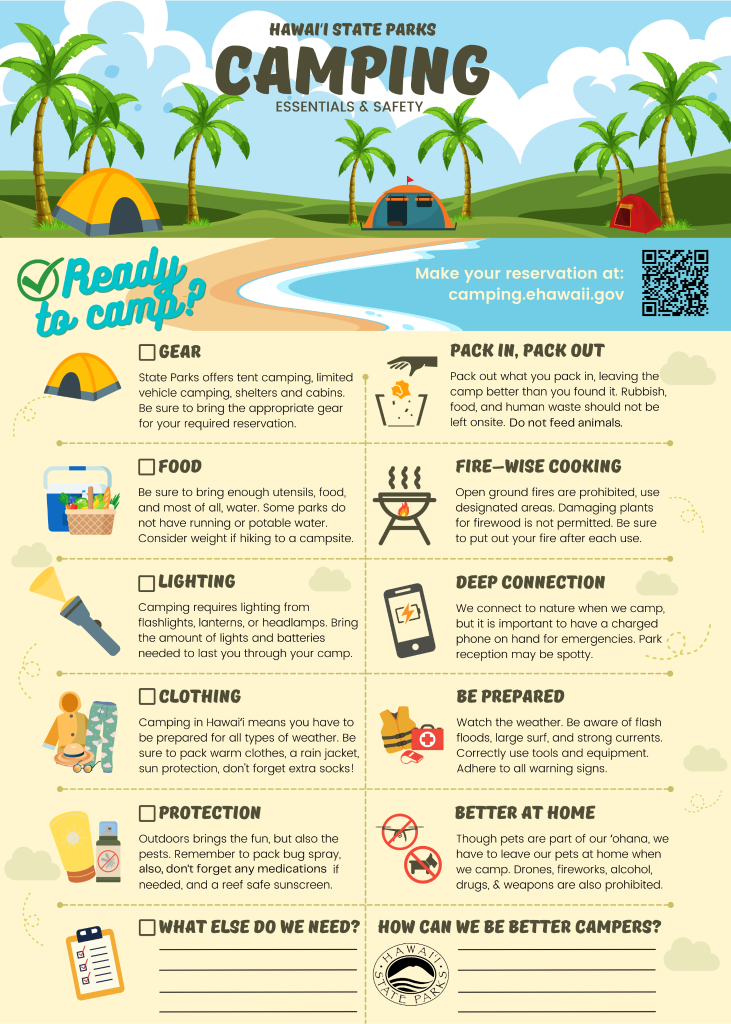Dreaming of sleeping under the stars in a beautiful public park? It’s a fantastic way to connect with nature and enjoy the outdoors. However, before you pack your tent and head out, it’s crucial to understand the rules and regulations surrounding camping in public parks. Many parks welcome overnight campers, but they often have specific guidelines in place to ensure safety, protect the environment, and maintain a pleasant experience for everyone.
This article will guide you through the essential aspects of camping in public parks, covering topics like permits, designated campsites, fire pit safety, waste disposal, and more. By following these guidelines, you can enjoy a memorable and responsible camping adventure.
Public Park Camping Regulations
Public park regulations regarding camping vary widely depending on location, park size, and available resources. Some parks may have strict limitations on overnight stays, while others offer designated campgrounds with amenities like restrooms and potable water. It’s always best to contact the specific park you plan to visit well in advance to inquire about their camping policies.
Generally, public parks enforce regulations to minimize disturbance to wildlife, protect natural habitats, and ensure visitor safety. These regulations may include restrictions on noise levels, campfire sizes, pet behavior, and vehicle access within designated camping areas. Familiarize yourself with these rules before setting up camp to avoid any issues or fines.
Remember that park rangers are responsible for enforcing these regulations and ensuring a safe and enjoyable experience for all visitors. Be respectful of their authority and cooperate with any instructions they provide.
Camping Permits
Many public parks require campers to obtain permits before setting up tents. These permits often involve a small fee and help the park manage campsite occupancy, track visitor numbers, and allocate resources effectively.
Permits can typically be obtained online through the park’s website or in person at the park office. Be sure to apply well in advance of your planned camping trip, as permits may be limited and sell out quickly during peak seasons. Some parks offer reservation systems that allow you to choose specific campsites based on availability.
Designated Campsite Requirements
Most public parks designate specific areas for camping, known as campgrounds or designated campsites. These sites are typically equipped with amenities like picnic tables, fire rings, and access to restrooms and potable water.
Campsite regulations often specify the size of tents allowed, the number of people permitted per site, and any restrictions on vehicle parking within the campground. It’s essential to adhere to these guidelines to ensure a safe and organized camping experience for everyone.
Fire Pit Safety and Restrictions
While campfires can add warmth and ambiance to your camping trip, they also pose a significant fire hazard if not handled responsibly. Public parks typically have strict regulations regarding fire pits, including designated areas where fires are permitted, size limitations on firewood, and requirements for extinguishing fires completely before leaving the campsite.
Always check local fire restrictions before building a campfire, as conditions like drought or high winds may prohibit open flames. Keep a bucket of water or sand nearby to extinguish any sparks or embers, and never leave a fire unattended.
Waste Disposal Guidelines
Proper waste disposal is crucial for maintaining a clean and healthy environment in public parks. Most campgrounds provide designated trash receptacles for general waste, recycling bins, and composting facilities for organic materials.
Avoid littering by packing out all your trash, including food scraps, packaging, and disposable items. Dispose of human waste responsibly using designated toilets or portable toilets. Remember that leaving no trace behind is essential for preserving the natural beauty of public parks for future generations.
Conclusion
Camping in public parks can be a rewarding experience, offering a chance to connect with nature and enjoy the tranquility of the outdoors. However, it’s crucial to remember that these spaces are shared resources and require responsible use. By adhering to park regulations regarding permits, designated campsites, fire safety, and waste disposal, you can contribute to a positive and sustainable camping experience for yourself and others. Always plan ahead, pack responsibly, and leave no trace behind to ensure that public parks remain beautiful and welcoming destinations for years to come.



